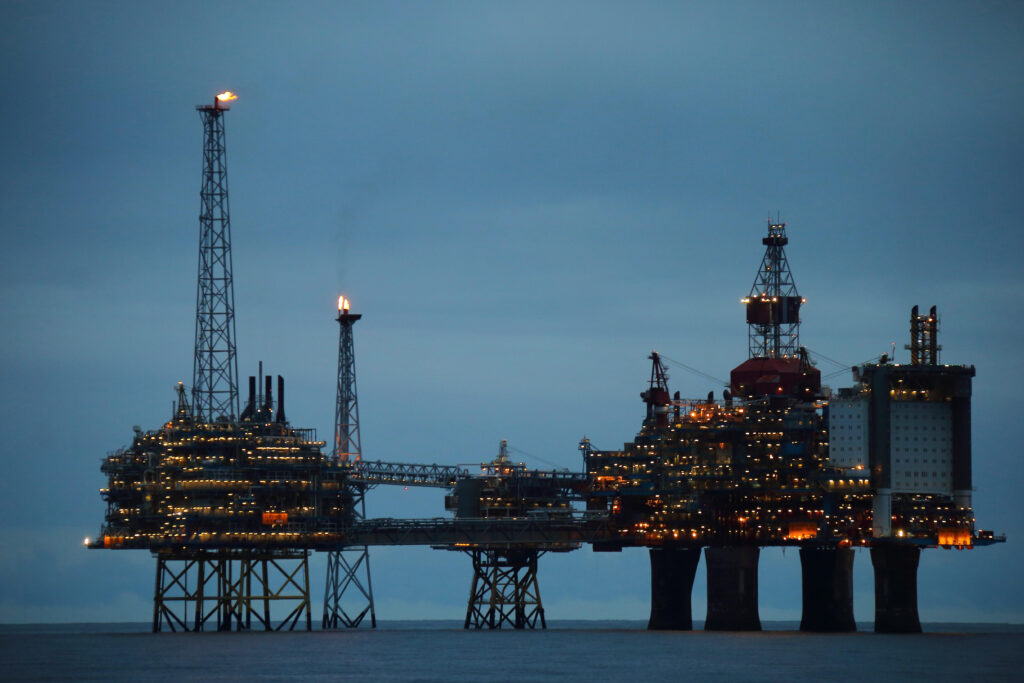Google “permafrost” under News and you get a disturbing selection of stories arising out of a National Center for Atmospheric Research study on the melting of Artic permafrost. One of the most accessible is this piece out of the Anchorage Daily News, which says: “Warming temperatures could melt the top 11 feet of permafrost in Alaska by the end of the century – damaging roads and buildings with sinkholes, transforming forest and tundra into swamps, and releasing vast amounts of greenhouse gases into the air.”
The piece is also interesting for the “oh-it’s-not-really-that-bad” tone of one Vladimir Romanovsky, who monitors the world’s most extensive network of permafrost observatories for the Geophysical Institute in Fairbanks. Attributing the information to Romanovsky, the Dialy News reported that, “during the past few years, permafrost has been flirting with some of the warmest conditions since the ice age ended 10,000 years ago. The record warmth of summer 2004, followed by insulating snows, kept some soil from refreezing all the way down to permafrost over the winter.”
This may be an unscientific way to look at things, but if the soil is not refreezing in winter, that denies it the definition of definition of “permafrost” – no?
Subscribe to our newsletter
Stay up to date with DeSmog news and alerts






